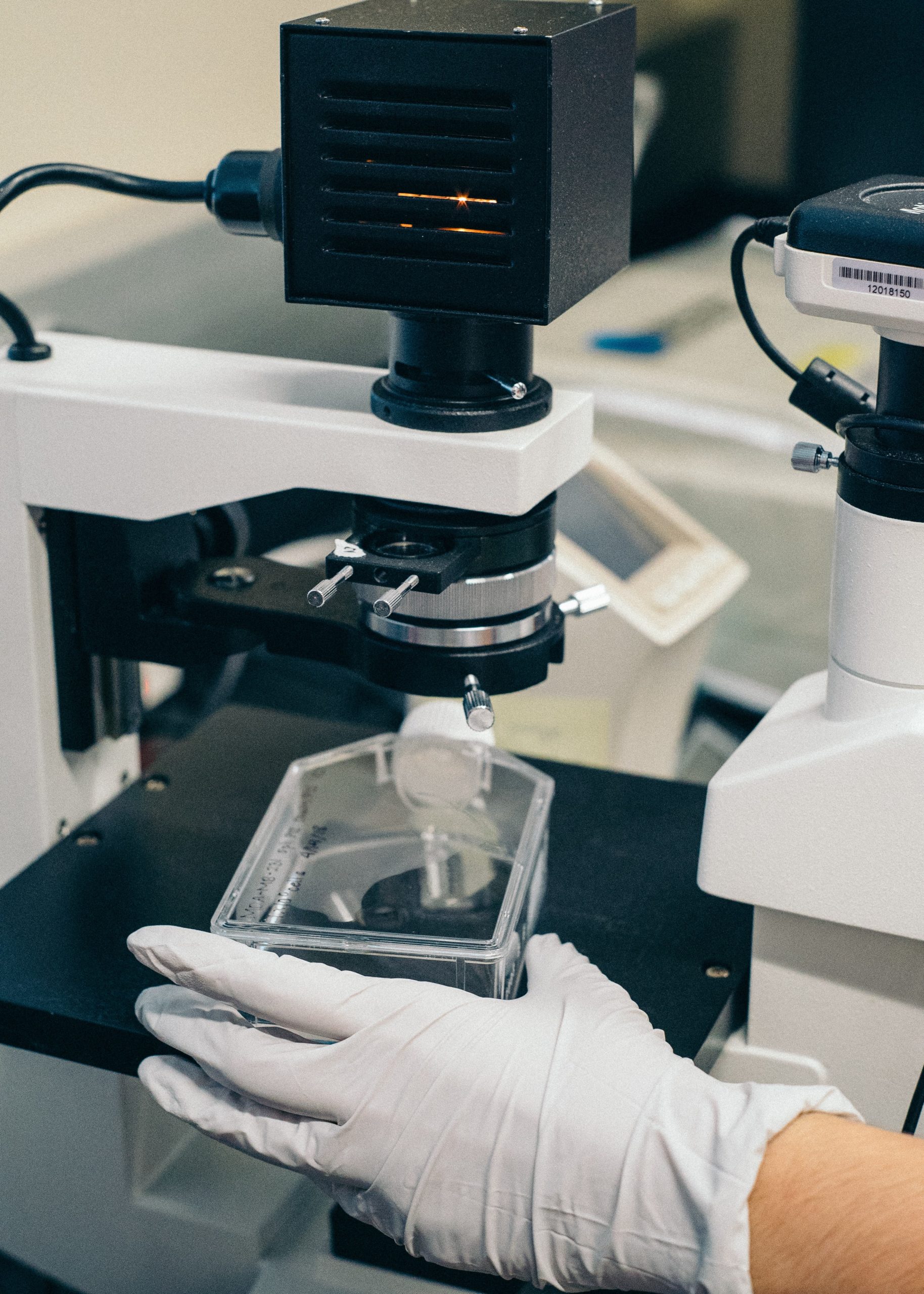1. EU new Data Act on IoT data
The new Act deals with new technologies such as data accrued from IoT systems of which currently 80% goes unused. The EU predicted the amount of data produced from such systems will increase fifteen-fold by 2030 and the new legislation aims to put systems in place to record retain and reuse that data. The data can be used for traffic control, infrastructure maintenance and health services. There will be standards regarding data format for interoperability and users will have free right of access including third parties. SMEs and micro businesses are excluded from the data access and so will have to rely on large companies to access the data. The data will be subject to GDPR. Third countries can only access the data by international agreement. You can read the Act here.
2. Life Sciences set to explode in UK

The UK Medicines and Healthcare Regulator Authority (MHRA) has released draft guidance on using real world data in trials to support decisions by the regulator. Gene Cell Treatments (GCTs) are seen to be the next big area in pharmaceuticals. The UK excels in the areas of gene therapies and treatments with more than 70 companies working in this area in the UK with the industry predicted to be worth £10 billion by 2035. Combined with accelerators and centres of excellence such as Cambridge, Stevenage Biosciences Catalyst and Autolus Therapeutics. To deal with the fast moving innovations in this area in the next year we expect to see UK policy and regulation changes in areas such as funding, tax, use of data, clinical trials, medical devices and the use of artificial intelligence tools. The UK Government has committed to a goal to increase annual public investment on R&D to a record £22 billion and itself pledged £200 million through the British Business Bank’s Life Sciences Investment Programme.
Trade Horizons
Trade Horizons is an award-winning market entry company, assisting ambitious companies to identify, develop and grow sustainable revenues in new geographic markets. We offer support to clients in international strategy development for their global business growth, and throughout the key phases of market entry execution – Preparation, Launch and Growth. Click here to find out more.
3. Philippines encourages foreign investment with legislation change

Philippines: amendments to the Foreign Investments Act that loosened regulations on foreign investors has boosted the country’s economic status, says the Philippines Trade department. the new law aims to ‘open up’ the economy and get rid of restrictions that made foreign investment difficult previously. The new law aims to improve competitiveness, create jobs, boost manufacturing and generate higher value-added products from agriculture and natural resources, benefits which all flow down to the consumer.
4. US Ireland relationship bullish

The US increased its number of companies operating in Ireland from 800 in 2020 to 900 in 2021 spending an average of €12.3 billion on payroll, €8.8 billion on goods and services, and invest €6.5 billion in capital expenditure per year. Around 100,000 people in Ireland are employed by American companies and invest a collective US$165bn in Ireland. Although the global OECD corporate tax agreement was thought to dampen US appetites to invest in Ireland it does not seem to have taken effect on sentiment yet.
5. Chart topping investment in Chile

Investment in Chile reached $17 billion in 2021 a record 6 year high, 62% higher than the 6-year average and 97% higher than the previous year with a further 10-15% predicted for the next year. The result beat all the predictions even with the pandemic-induced drop of 40%. January traded well and the upward growth is projected to continue.







